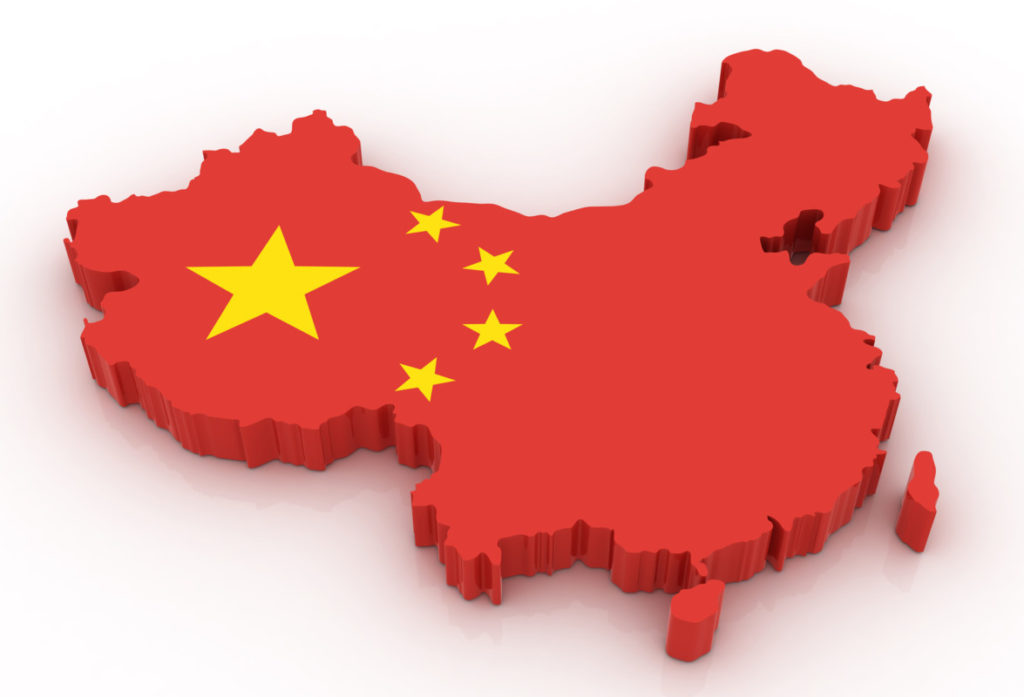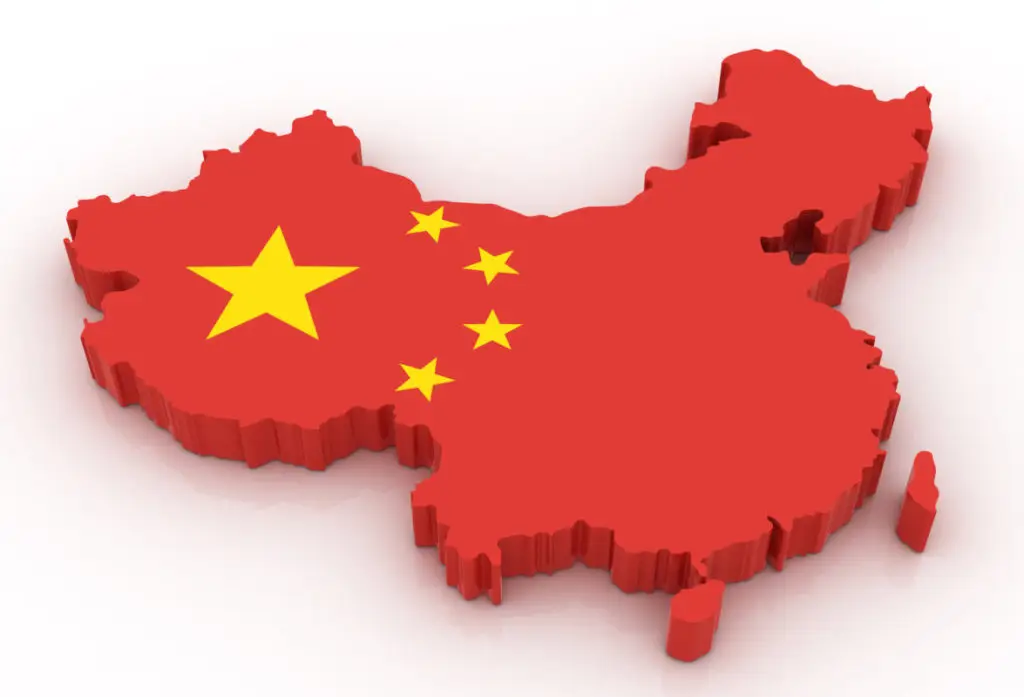WASHINGTON (BP) — China’s increasingly repressive regime will receive the attention of a panel of experts Aug. 21 in a webinar hosted by the Southern Baptist Ethics & Religious Liberty Commission.

The hour-long event — “China’s Rising Threat to Human Rights” – will begin at 1 p.m. EDT.
The focus of the webinar will be the Chinese Communist Party’s oppression of Uyghur Muslims in the Xinjiang region in the northwest part of the country. The intensification of China’s decades-long violations of religious freedom and other human rights has recently included the imprisonment of more than a million Uyghur Muslims in re-education camps.
Among the speakers will be Sam Brownback, ambassador at large for international religious freedom at the U.S. State Department, and ERLC President Russell Moore.
Others on the panel will be Nury Turkel, a member of the U.S. Commission on International Religious Freedom (USCIRF) and co-founder of the Uyghur Human Rights Project; Rushan Abbas, executive director of Campaign for Uyghurs; and Travis Wussow, the ERLC’s general counsel and vice president for public policy.
“Jesus warned us repeatedly that the temptation would be to turn our eyes away from the most vulnerable people,” Moore said, “that many of us would be pulled, like the priest and the Levite of His parable of the Samaritan, to walk to the other side of the road.
“Right now, one of the most invisible and imperiled groups in the world are the Uyghur people, enduring attempted genocide by the Chinese government. People targeted for their minority religion — loaded into trains to detention camps — we have seen this sort of atrocity before,” Moore said in written comments. “And before, we said, ‘Never again.’
“All people of good will should speak up about these dehumanizing and murderous atrocities. Christians, especially, should stand for the Uyghur people and call others to do the same. They are, after all, our neighbors.”
An Aug. 17 article on the ERLC website outlined the repressive policies implemented by the Communist Party against the Uyghur Muslims, including:
— A high-tech surveillance system that often results in “suspicious” Uyghurs being sent to re-education camps;
— The detention of an estimated 1 to 3 million Uyghurs in the camps that commonly consists of indoctrination, as well as rape, torture and coercive organ harvesting.
— A population control program of forced abortions and sterilizations that USCIRF has said may reach the benchmark for genocide under international law.
The article was written by the husband-wife team of Michael and Chelsea Sobolik. Michael is a fellow at the American Foreign Policy Council, and Chelsea is a policy director with the ERLC.The ERLC and USCIRF are among organizations that have commended the U.S. government’s response to China’s oppression of Uyghur Muslims.
President Trump signed into law in June the Uyghur Human Rights Policy Act, which calls for the administration to impose economic sanctions and visa bans on Chinese authorities who are responsible for the oppression of Uyghur and other Muslims. In July, the Department of Treasury announced two sets of sanctions on senior Chinese officials and entities under a federal law known as the Global Magnitsky Act.
In October 2019, the State Department and Commerce Department announced visa and export restrictions on individuals and organizations, respectively, involved in persecution of the Uyghurs.
China’s increasingly oppressive policies have been manifested also in the increased regulation of churches and other religious groups, as well as its heavy-handed approach to Hong Kong.
New guidelines that took effect in February represent what USCIRF described as “a significant escalation” in China’s “ongoing crackdown on religious freedom.” The regulation prohibits any religious activity unapproved by the government and requires religious organizations to teach clergy and members to support the Communist Party.
In a June action, China imposed a national security law on Hong Kong that critics say could be used to silence critics of the Communist regime and to restrict religious liberty.
Messengers to the 2019 SBC annual meeting passed a resolution condemning China’s Communist Party, as well as North Korea’s regime, for “extreme religious persecution and flagrant human rights violations.”
This article was originally published by Baptist Press at baptistpress.com

